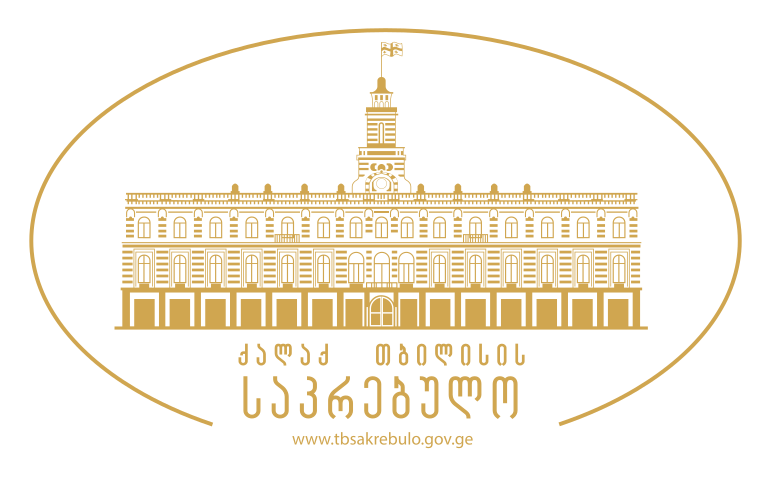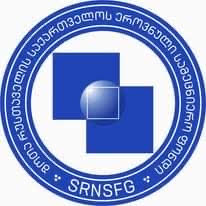041-World literature as an object of interdisciplinary research, comparative approach as a paradigm for the modern humanities.
Organized by: Shota Rustaveli Institute of Georgian Literature, Ph.D Irakli Khvedelidze
English, German
The proposed session aims to evaluate current trends and new perspectives in comparative literature: Nowadays, on the one hand, we observe the growing interest of various academic disciplines in the data of world literature and, on the other hand, traditional literary disciplines realise that for a better understanding of literary phenomena it is necessary to cover multinational material. The comparative approach enables scholars to examine contextual variables of literary narrative and, more broadly, the embodied nature of narrative cognition.
The theoretical disciplines of literary criticism have developed their basic concepts over the decades and are currently in the reflection phase where the comparative approach becomes the main principle. For example, narratology endeavours to extend the dominant Anglophone concepts formed on the basis of major literature by considering the textual data of minor literature.(Olson 2011). The comparative approach has also become paradigmatic for cognitive literary studies. A special issue of poetics today in 2020 was dedicated to this reality of the aforementioned field of scholarship. The guest editor, Lisa Zunshine, emphasises that cognitive literary studies benefits from the comparative approach in that it tests the hypothesis of cognitive literary studies across different cultures and modes of representation. The comparative approach also seems to be a prerequisite for the development of a universal and constant theoretical methodology for the literary and social sciences.
Finally, it is necessary to think about comparative literature in the context of digital philology, which is one of the most rapidly developing fields and offers new possibilities for exploring world literature: Corpus analysis, machine learning as well as other automatic procedures of computational analysis enable standardised processing of the large number of texts of world literature and the recognition of patterns.
Keywords: World Literature, Interdisciplinarity, Comparative Literature, Narrative, Universals
The Project was supported by Shota Rustaveli National Science Foundation of Georgia (SRNSFG) [grant number MG-ISE-22-170]

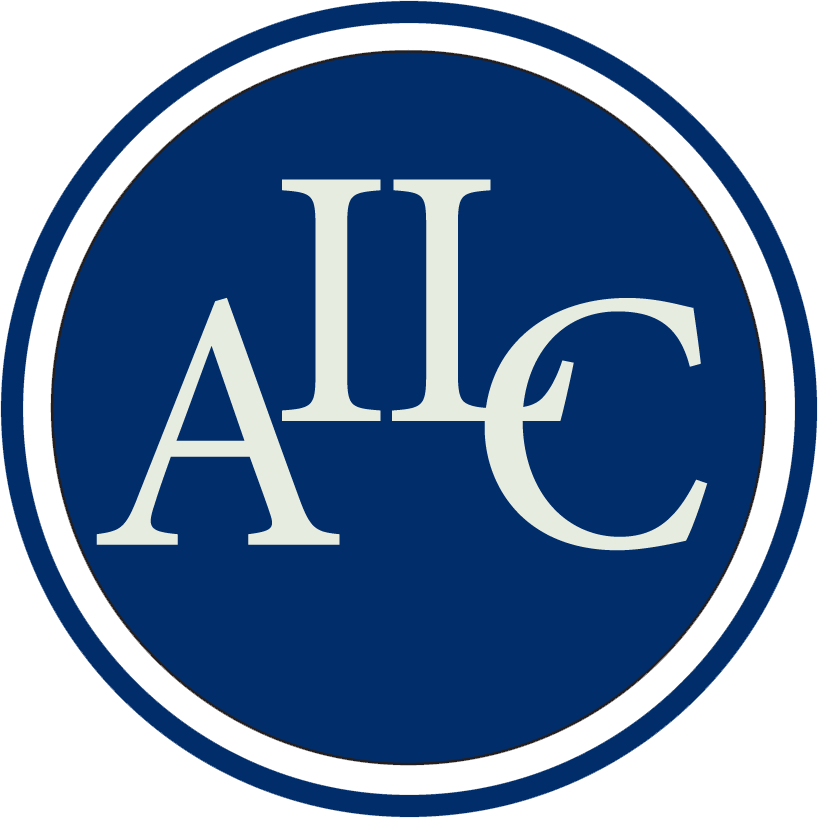
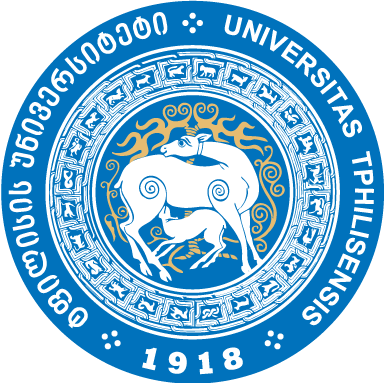
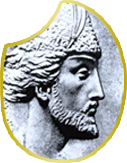
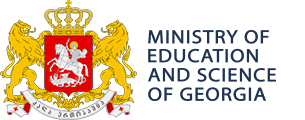
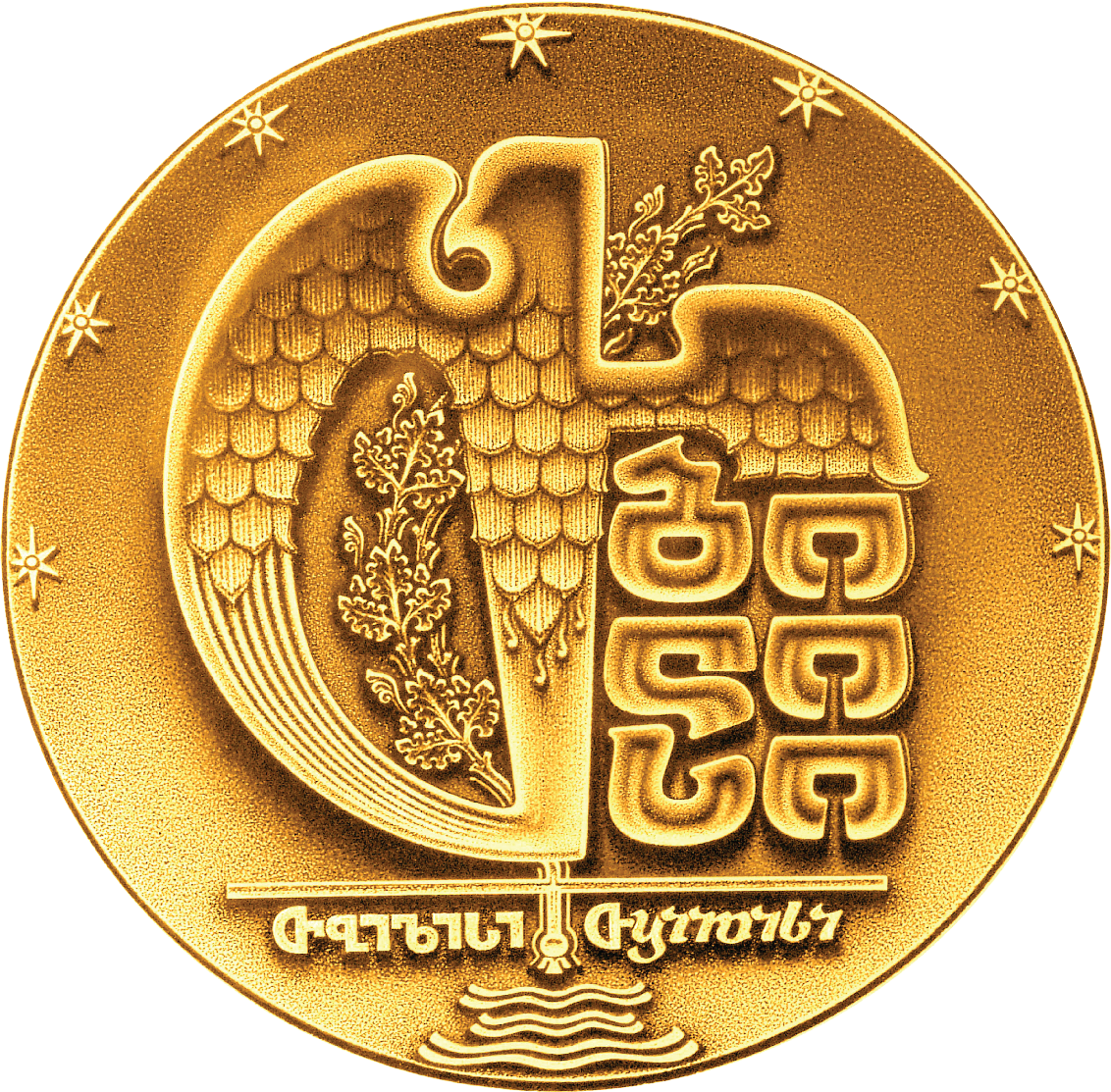

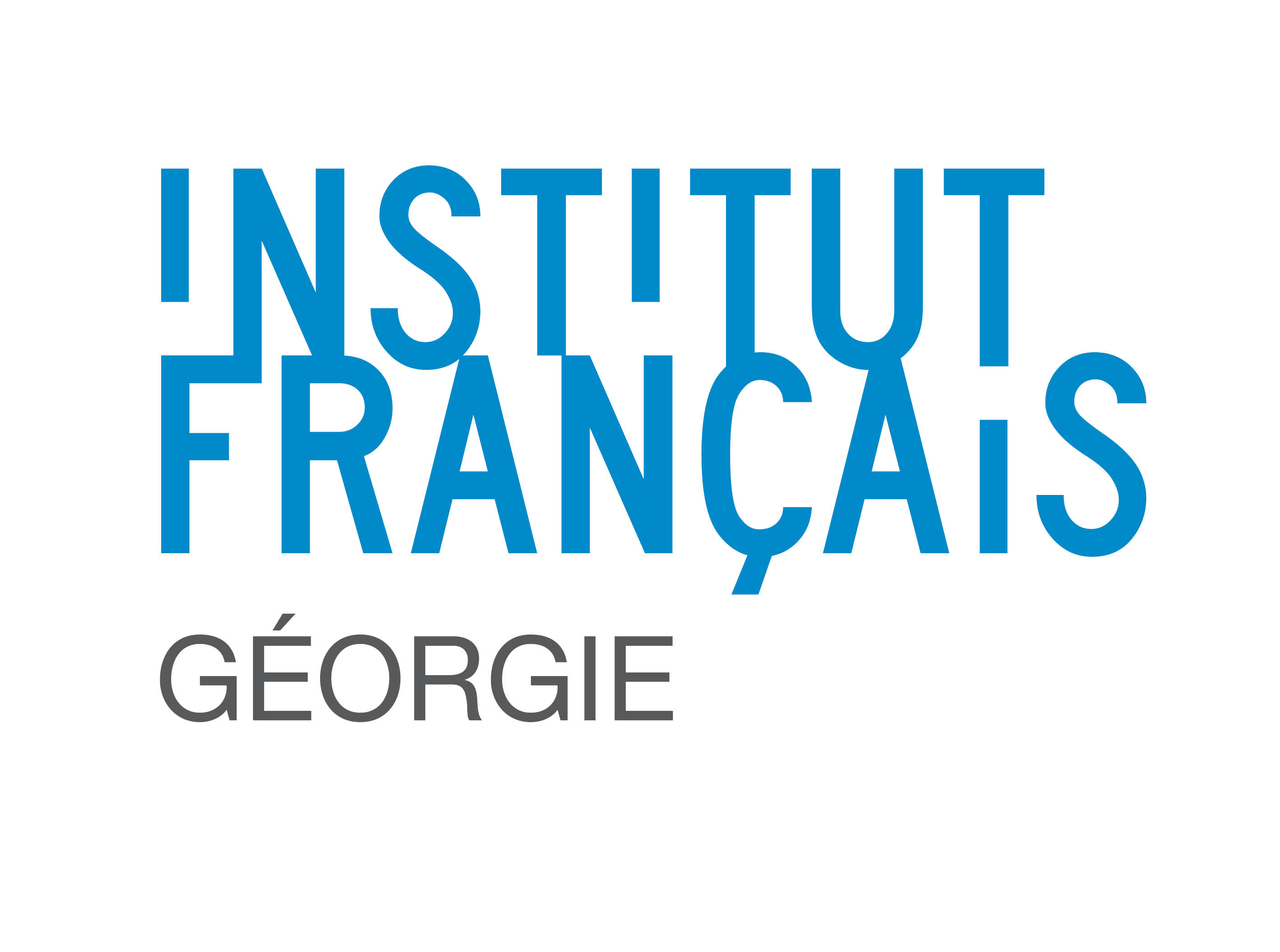


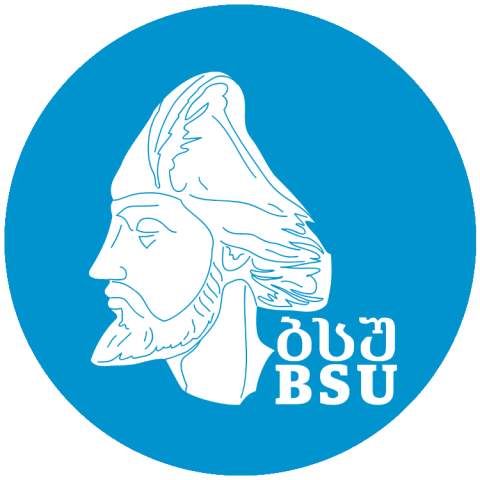

_001.png)

